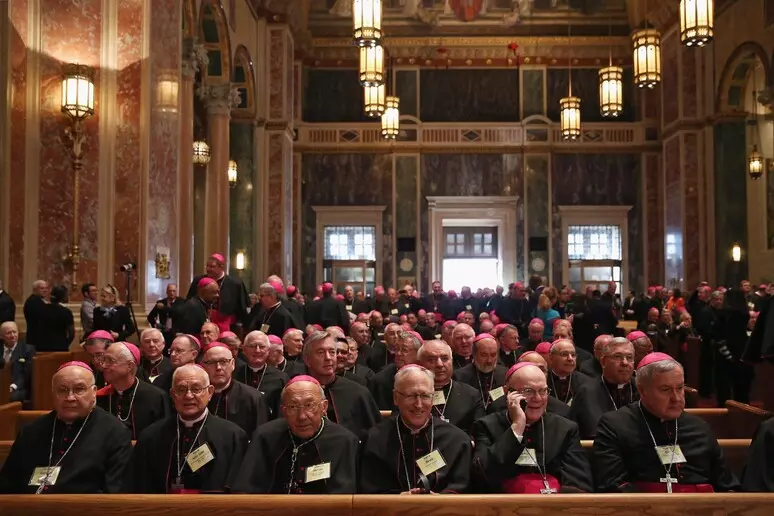Tensions between the Catholic Church and the Trump administration have escalated sharply following the revocation of federal guidelines that protected pregnant migrant women in U.S. detention centers.
The U.S. Conference of Catholic Bishops (USCCB) denounced the May 5 policy shift as “deeply troubling and unforgivable,” after U.S. Customs and Border Protection (CBP) issued an internal memorandum formally scrapping protections enacted in 2022.
Those guidelines, titled Processing of Pregnant, and Postpartum Noncitizens and Infants, had provided basic safeguards for vulnerable detainees, including timely medical evaluations for pregnant women and access to private areas for breastfeeding mothers.
The policy rollback drew swift condemnation from Bishop Mark J. Seitz of El Paso, Texas, chairman of the USCCB’s Committee on Migration. Seitz accused the administration of “indifference” toward the vulnerability of women and children, and said dismantling those protections represents a fundamental failure of moral responsibility.
“Protecting pregnant mothers and their children can never be considered obsolete,” Seitz said, urging the administration to restore “a policy framework that reflects higher standards of care and dignity.”
The bishops also expressed alarm over the renewed use of family detention centers, which they argue are both unsafe and economically inefficient compared to community-based alternatives.
Their position reflects growing concern among Catholic leaders about what they see as an erosion of humanitarian principles in U.S. immigration enforcement—especially when it comes to pregnant and postpartum detainees, whom the Church considers among the most vulnerable.
Adding to the friction is the administration’s recent decision to freeze funding for refugee resettlement programs—prompting the USCCB to initiate legal action in an effort to restore resources critical to its humanitarian work.
The bishops maintain that even those held in federal custody, regardless of immigration status, are entitled to treatment grounded in dignity and care. “These are not political abstractions,” Seitz said. “These are mothers. These are children. Their lives are not expendable.”












